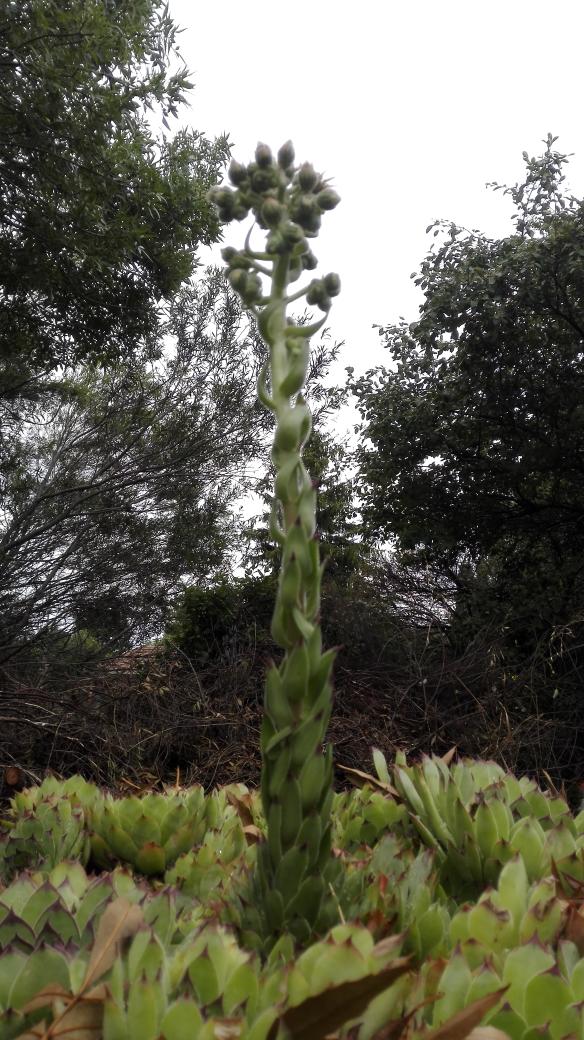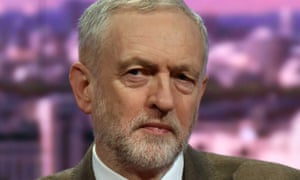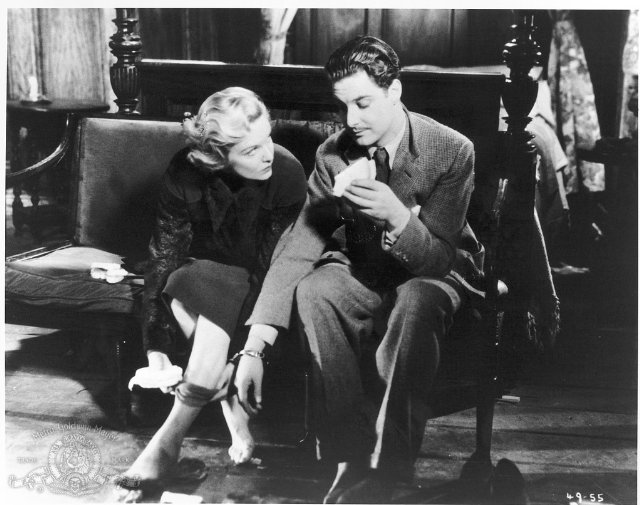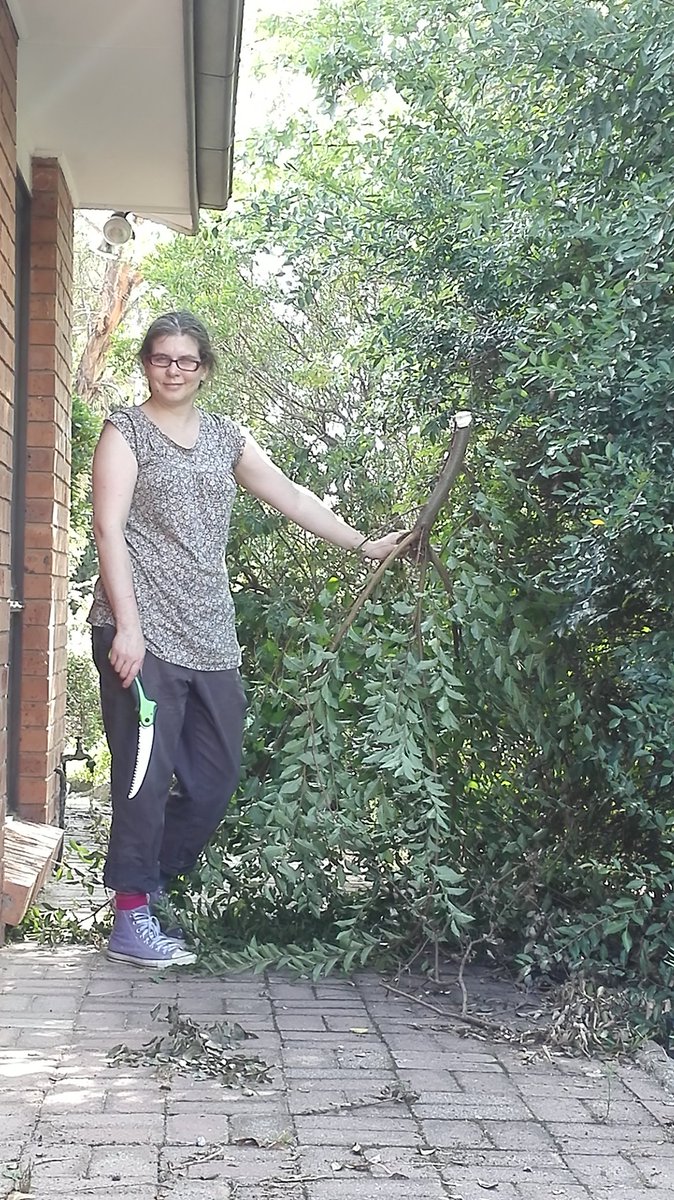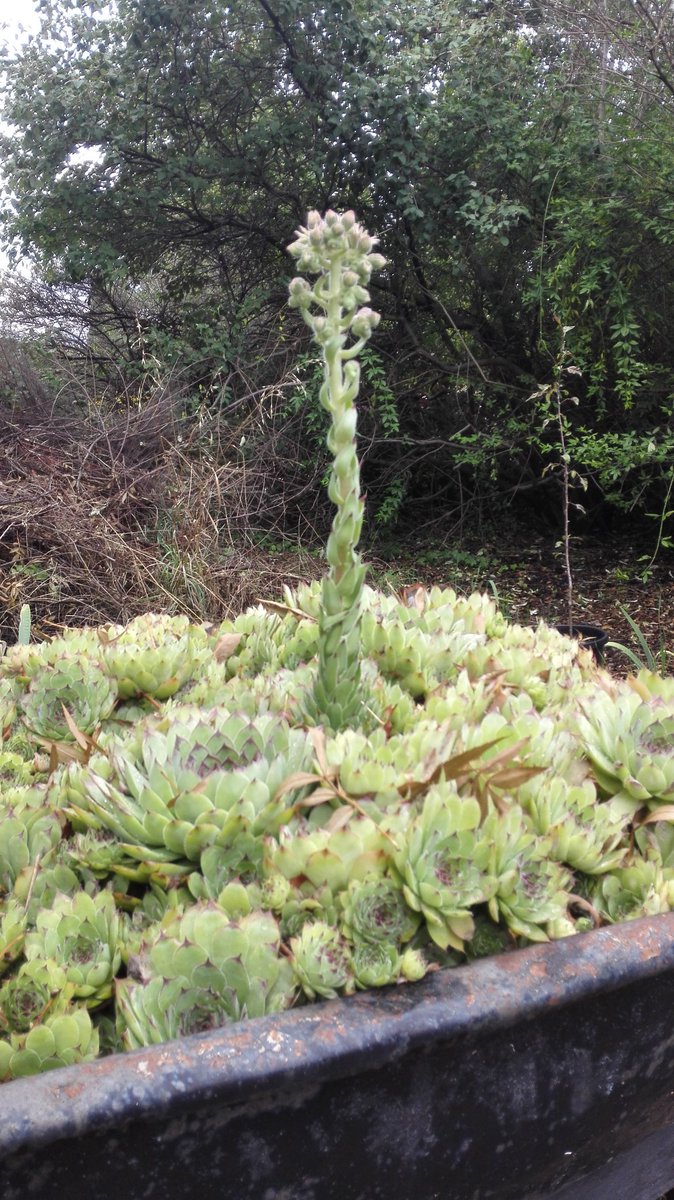 When we bought the house three years ago there was an old wheelbarrow strategically positioned in an empty spot of the front garden. It contained a bed of small, uninteresting succulents barely reaching the top of the barrow sides. The plants have grown quite a bit in the intervening years and are now in danger of becoming quite interesting indeed.
When we bought the house three years ago there was an old wheelbarrow strategically positioned in an empty spot of the front garden. It contained a bed of small, uninteresting succulents barely reaching the top of the barrow sides. The plants have grown quite a bit in the intervening years and are now in danger of becoming quite interesting indeed. About three weeks ago they all began to look bigger, broader, more ... more ... succulent. And in the last fortnight or so, through days when the temperature regularly reached 30 degrees plus and almost touched 40 degrees a few times, despite several ferocious thunder storms and in the face of two wild hail storms, one of the succulents has shot up - straight into the air, heading towards half a metre. It reminds me of the fictional Triffids. Who knows what it will do next?
